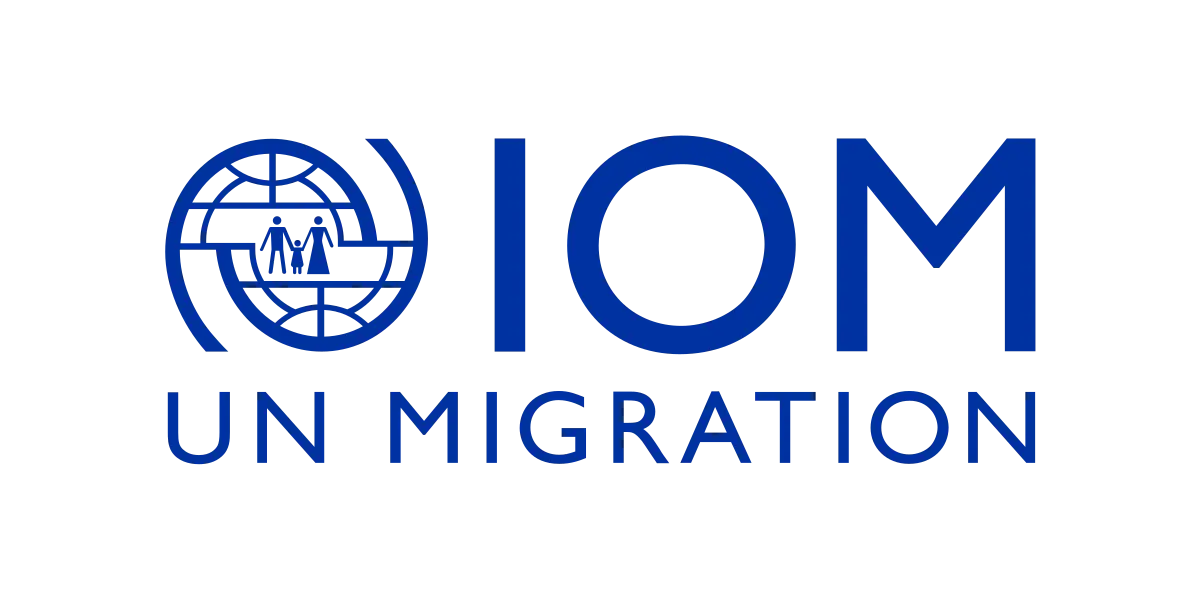The Director-General of the International Organization for Migration (IOM), Amy Pope, has highlighted the significant economic impact of migration, noting that international remittances have surged by 650% over the past 20 years. Speaking at the 2024 International Dialogue on Migration in Lagos, she emphasized that remittances, which were $128 billion in 2000, have now surpassed $831 billion.
Migration’s Role in Economic Growth and Resilience
Pope underscored that migration contributes substantially to economic resilience, growth, and prosperity. At the dialogue-themed “Facilitating Regular Pathways to a Better Future: Harnessing the Power of Migration,” she noted that migrants address critical global challenges, including climate change.
She explained that the 2030 Agenda acknowledges migration as a key driver of sustainable development, providing economic benefits, skill exchange, a strengthened labour force, and cultural diversity. Data from the IOM’s recent World Migration Report support this.
Significant Economic Impact of Remittances
Pope revealed that $831 billion is now remitted globally, with $647 billion sent by migrants to low and middle-income countries. For many countries, remittances form a significant portion of their GDP and often exceed direct foreign investment.
Complex Dynamics of Migration and Development
Pope highlighted that the benefits of migration should not be seen solely in terms of economic contributions. The relationship between migration and development is complex, influenced by destination countries’ political, social, and economic dynamics, which shape migration patterns.
Advocacy for Safe and Regular Migration Pathways
Pope advocated for creating safe and regular migration pathways to minimize exploitation risks and ensure migrants’ human rights and dignity. She stressed the importance of integrating migrants into communities and ensuring their access to essential services.
“When migration is poorly governed, it can negatively impact development. Facilitating regular pathways is our top strategic objective,” she said. Pope emphasized the need for comprehensive policy integration, considering migration in health, urban planning, education, fiscal policy, and trade.
Call for Government and Stakeholder Action
Pope urged governments and stakeholders to implement programs that assist and protect migrants. She called for increased awareness among migrants about their rights and available services, ensuring their integration and contribution to their new communities.
In conclusion, the significant increase in international remittances highlights the vital role of migration in global economic development. The IOM continues to advocate for policies that support safe, regular migration and recognize the multifaceted benefits migrants bring to both their home and host countries.


